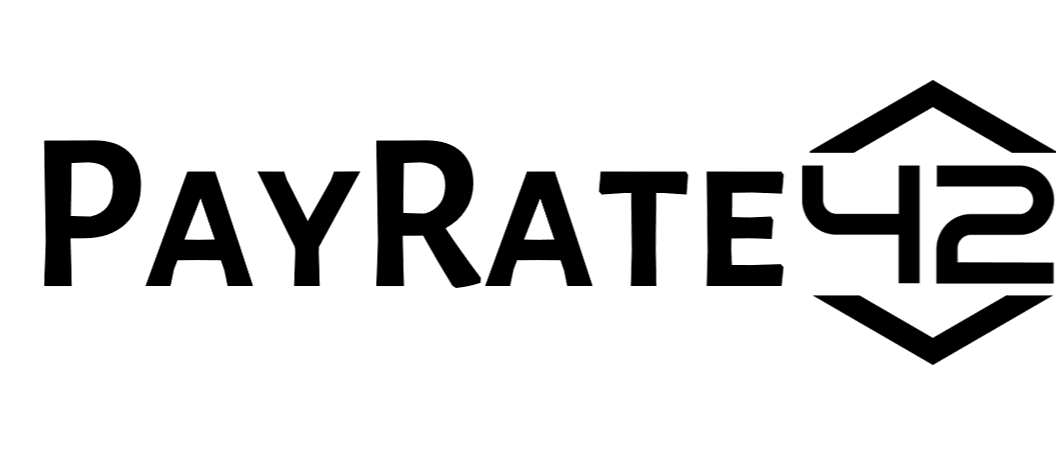In the dynamic landscape of the business world, transparency and ethical conduct are essential for fostering trust among stakeholders. Whistleblowers play a pivotal role in maintaining the integrity of organizations by exposing wrongdoing, unethical practices, and corporate misconduct. This article delves into the importance of whistleblowers in the business world, highlighting their role in promoting accountability, safeguarding the interests of stakeholders, and fostering a culture of ethics.
- Unveiling Wrongdoing:
Whistleblowers act as the eyes and ears within an organization, uncovering illicit activities that may otherwise go unnoticed. Whether it’s financial fraud, environmental violations, or workplace harassment, whistleblowers have the courage to bring such issues to light. By exposing wrongdoing, they protect the company’s reputation and prevent potential legal and financial consequences that may arise from unchecked misconduct.
- Ensuring Accountability:
Whistleblowers serve as a powerful check on the concentration of power within organizations. Their disclosures hold leaders and decision-makers accountable for their actions, promoting a culture of responsibility and ethical behavior. This accountability not only safeguards the interests of shareholders but also contributes to the overall health and sustainability of the business.
- Protecting Stakeholder Interests:
Stakeholders, including employees, customers, and investors, rely on accurate information to make informed decisions. Whistleblowers contribute to the preservation of these interests by disclosing information that could impact stakeholders directly. Timely revelations allow stakeholders to adjust their positions and protect themselves from potential harm, thereby enhancing trust in the business ecosystem.
- Fostering a Culture of Ethics:
Whistleblowers play a crucial role in shaping organizational culture. A workplace that encourages reporting of unethical behavior signals a commitment to integrity and ethical conduct. Employees are more likely to adhere to ethical standards when they see that their concerns are taken seriously, creating a positive work environment and reducing the risk of internal misconduct.
- Legal Protections:
Recognizing the importance of whistleblowers, many countries have established legal frameworks to protect individuals who come forward with information about wrongdoing. These legal protections not only shield whistleblowers from retaliation but also encourage a more open and accountable corporate environment. Companies that actively support and protect whistleblowers demonstrate their commitment to ethical practices and compliance with the law.
Conclusion:
In the ever-evolving business landscape, the role of whistleblowers cannot be overstated. Their courage to expose misconduct, ensure accountability, protect stakeholder interests, and foster a culture of ethics is indispensable for the health and sustainability of organizations. As businesses strive for long-term success and societal trust, acknowledging and valuing the contributions of whistleblowers is not just a legal requirement but a strategic imperative. Embracing a culture that encourages transparency and ethical behavior not only safeguards the interests of the organization but also contributes to the overall well-being of the business world.
